Some see 50 and beyond as a time to enjoy greater freedom for pleasure and leisure. Others feel anxious and depressed as they anticipate all the changes that ageing brings. Here’s how to navigate your way through the confusion.
The issue: Your "youthful beauty" is fading
Once you reach 50, what you see looking back at you in the mirror is very different to what you saw 20 years ago. 'We live in an age where female beauty is defined as young - a definition that has become an obsession in society,’ says British psychologist and author Susan Quilliam. ‘There's no psychological underpinning for this, but the fact remains that at midlife, women can feel invisible - or at worse, unattractive.'
In one online study involving 1 200 women, more than 90% in their 40’s and 50’s said they were dissatisfied or depressed about their image.
‘I hate looking into the mirror in the morning,’ says Lucia, 51. ‘All I see is a blotchy face and puffy eyes after another night without proper sleep. My skin looks dehydrated and my lips have lost their plumpness. I feel ancient.’ Researchers have even coined the term Midlife Mirror Angst Syndrome to describe the way women over a certain age amplify their perceived physical flaws.
The fix:
Challenge the equation that equates youth with beauty. ‘Detaching your sense of attractiveness from this narrow definition enables you to embrace a broader, more flexible self-image,’ says American psychologist Vivian Diller, author of Face It: What Women Really Feel as Their Looks Change. And it can be liberating to mourn the loss of your youthful features. As Anne Karpf says in How to Age, ‘Although it might seem paradoxical, mourning is an essential part of aging with gusto, because it helps say goodbye to some features of life freeing you to welcome in new ones.’
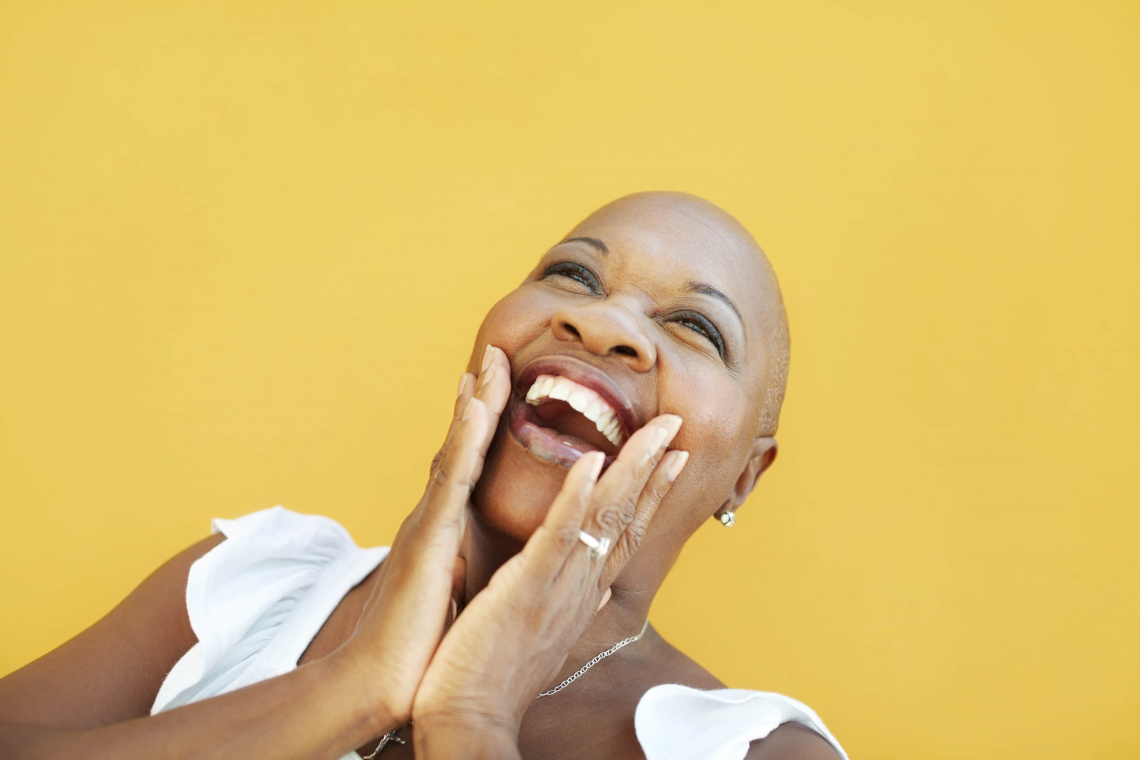
The issue: Your body is slowing down
Weight gain, fatigue, creaky joints and loss of strength serve as not-so-pleasant reminders that you are aging. ‘Muscle loss is one of the most underrated health issues after 40 and 50,’ says American researcher Suzette Pereira.
‘30 to 40 %of your body is muscle. Muscle loss occurs slowly but accelerates over time.’
American chiropractor Allen Conrad adds that after 50, your body loses flexibility, making you more prone to injuries. ‘Muscles and tendons lose elasticity, and spinal discs degenerate as we age, which makes us more likely to get injured,’ he says. Aging is inevitable – but it needn’t compromise your mobility or enjoyment of life.
The fix:
The key is to stay active and healthy despite the changes. Experts agree that exercise is vital when it comes to bones and joints. ‘A regular workout program that includes strength training keeps muscles healthy,’ says Pereira. Choose the right regime and you will not only feel more energised, your body will function better too. TheOptimal.me offers low impact, strength and balance training dance and mindfulness workouts you can do at home – all it takes is 15 minutes. The extensive online collection of Integrated Movement Routines (IMRs) work all your muscles together, balancing your body to improve your stability, mobility, flexibility and strength.
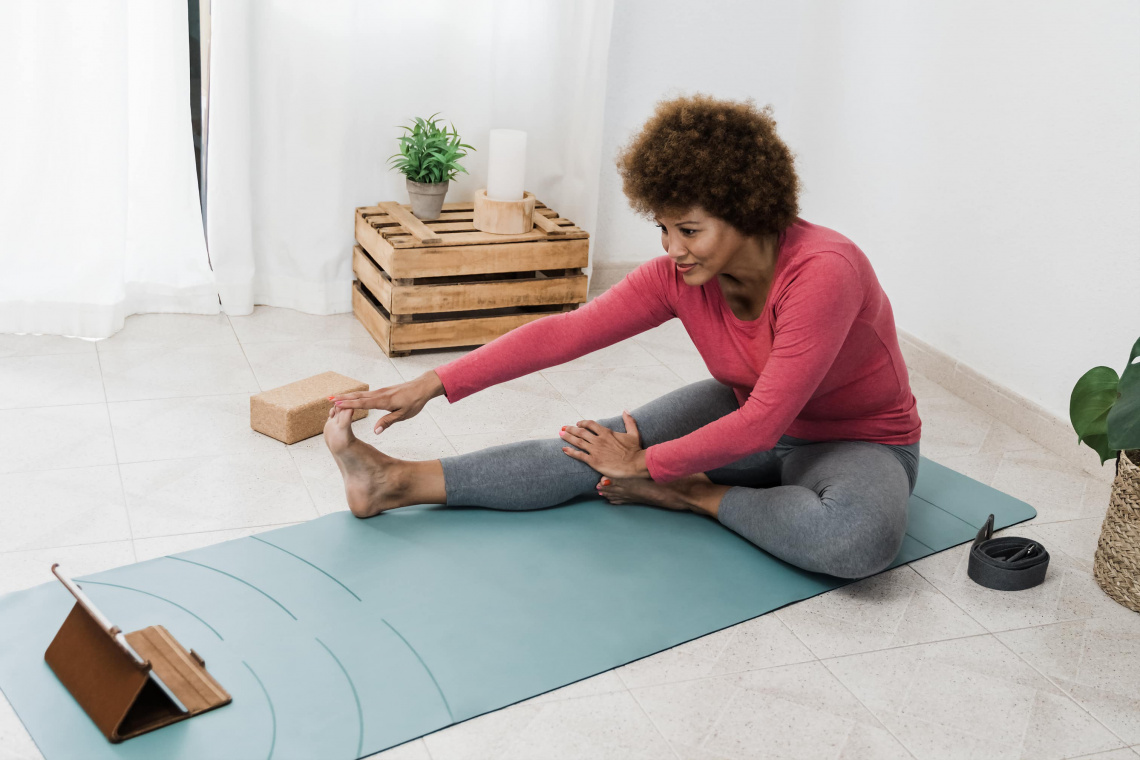
The issue: Your moods are erratic
According to the North American Menopause Society (NAMS), close to 23% of women experience mood swings before, during, or after menopause. These emotional changes can include anything from irritability to depression, anxiety, weepiness and insomnia. ‘I had regular rage tantrums followed by long crying hags and it wasn’t just my sunny disposition that had gone behind a cloud,’ says one businesswoman of her journey. ‘My professionalism also slipped and I felt like I was on a constant ‘go-slow’ I was constantly distracted and foggy-headed.’ It is not surprising as the drop in oestrogen production during menopause can affect the way your body manages serotonin and norepinephrine, two chemicals that have been linked to depression and anxiety.
The fix:
Often, your see-sawing emotions can be managed through lifestyle change such as –
1. investigating self-calming, mindful practises such as meditation and breathwork
2. steering clear of alcohol and drugs/ pharmaceuticals as a means of self-soothing
3. engaging in creative pursuits – such as gardening, pottery, music or painting – that take your mind off daily troubles and help you feel a sense of accomplishment
4. staying connected with friends and family and nurturing your relationships
Your healthcare practitioner might also suggest medication and / or Hormone Replacement Therapy when appropriate.
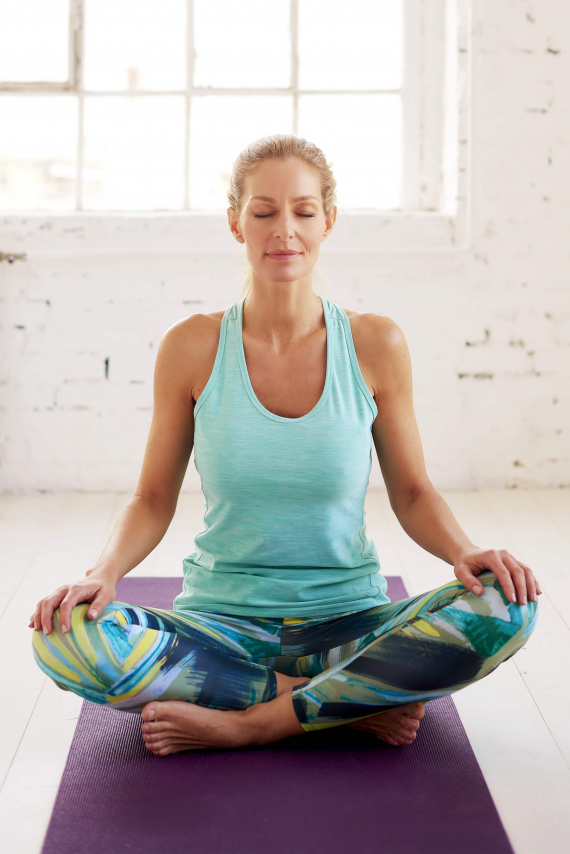
The issue: Loss of purpose
Your children have left home. Your career may be stagnating – or perhaps you are about to retire. Your relationship is taking strain. Your parents are getting frail. Your role as mother, earner, wife, daughter are all in flux as you prepare to navigate the next few decades of your life. Now that the busy-ness of raising a family, running a home and earning a living is easing, it is not surprising mid-lifers grapple with issues of identity and purpose.
The fix:
Research shows that having a sense of purpose is critical to your wellbeing. It protects your health and helps you live longer, happier lives. When you’re connected to something larger than yourself, you’re more hopeful and positive and better able to cope with life’s challenges.
According to life coach Hélène Tragos Stelian, your purpose is found at the intersection of:
Your values – who you are.
Your strengths – what you’re good at.
Your interests – what you love to do.
Your service – how you’d like to contribute (to your family, your community, or a cause).
Making a contribution to society is a wonderful way to feel a renewed sense of purpose. And there are numerous ways to do it. Whether it’s adopting a social justice cause that is meaningful to you; offering your unique skills to neighbours and friends (be it bookkeeping or décor advice) or embarking on a new field of study towards a higher goal, a sense of purpose helps you affect the world in a positive, productive way.
Need more help? There are hundreds of Facebook groups and blogs, for communities of mid-lifers who share their experiences. The fact you’re reading this article on a platform designed for mid-lifers, by a mid-lifer, is testament to the fact you’re not solo on this journey. If you’re interested, head to Liz’s blog, Over 50 Not the Hill, for anecdotes and discoveries about life after 50!

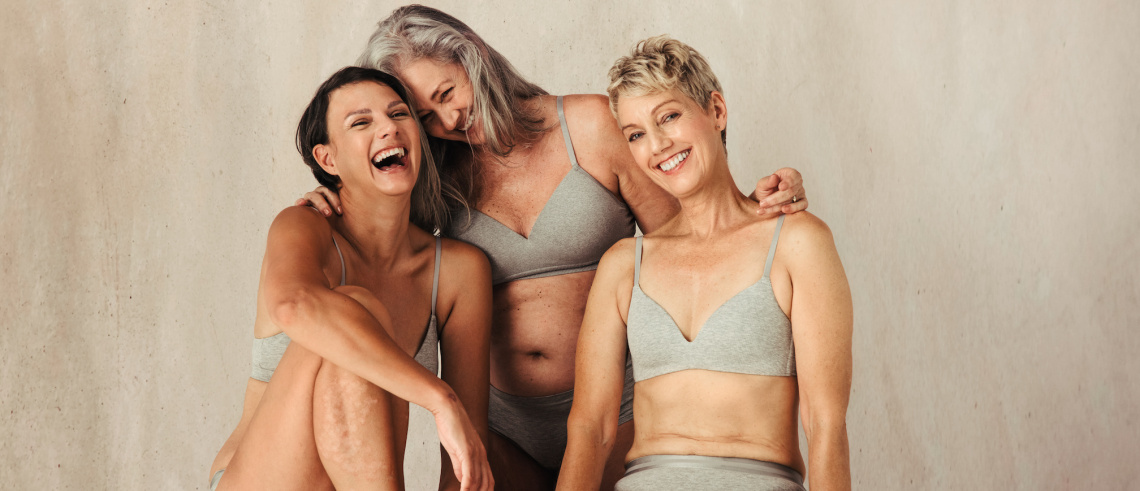
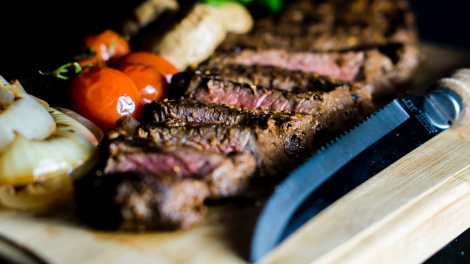


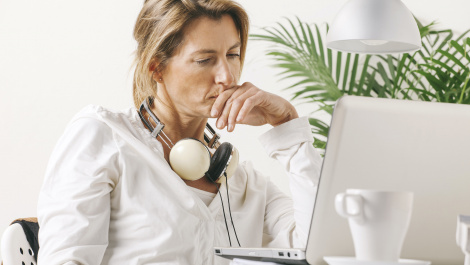
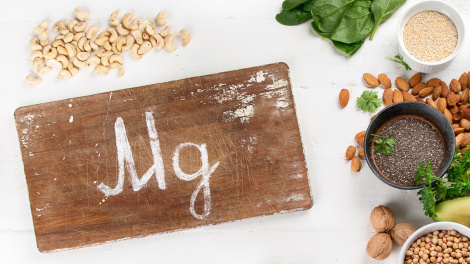

Comments